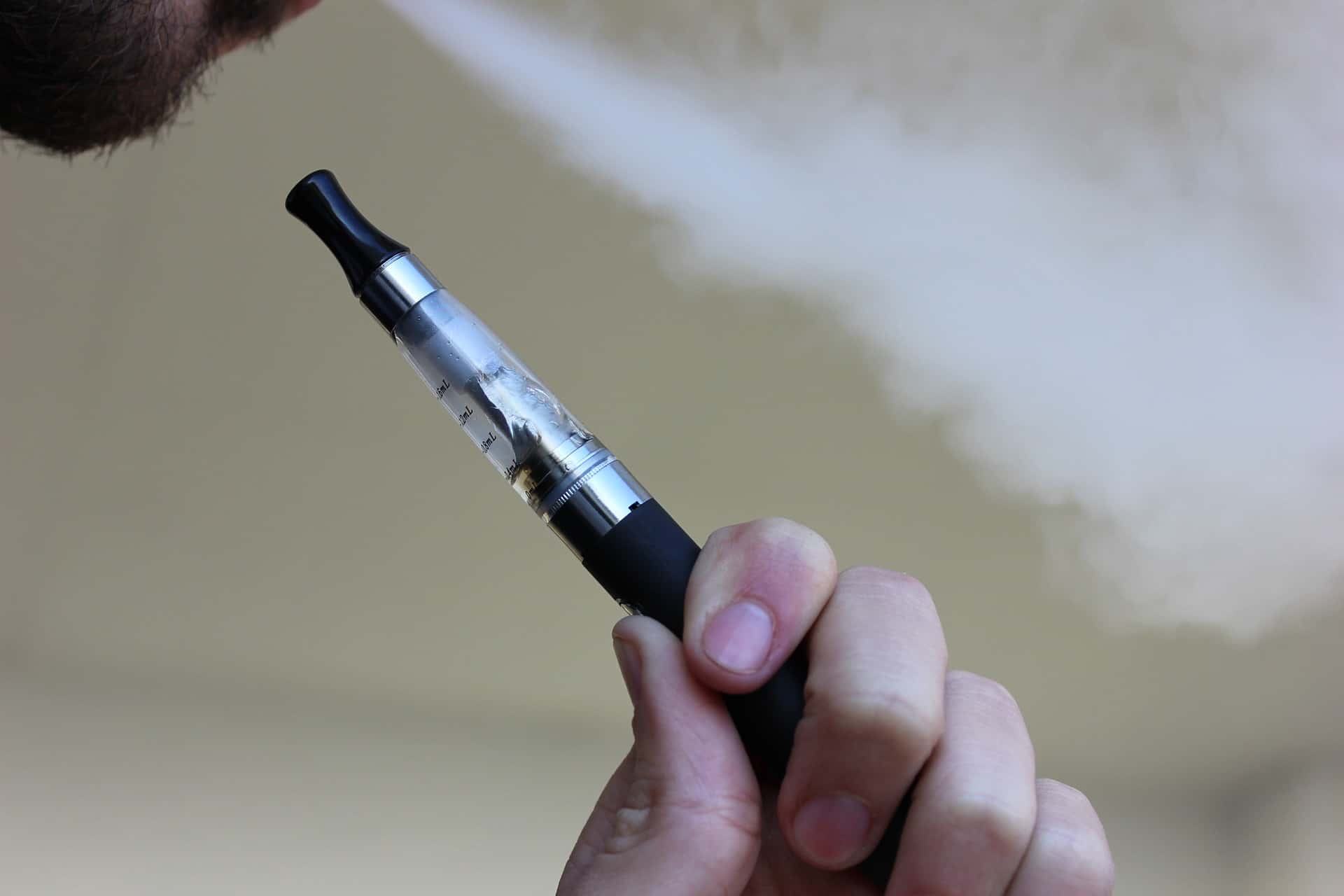
Experiments have shown that microwaving plastic baby food containers can release huge numbers of plastic particles — in some cases, more than 2 billion nanoplastics and 4 million microplastics for every square centimeter of container.

Dutch researchers have found recently announced that cells exposed to microplastics experience cell death three times faster than those that are not. With microplastic pollution everywhere, the findings are sobering.

A big study examined the records of more than a quarter million pregnant women in Beijing from 2009 to 2017 in light of the womens' exposure to air pollution. Among the women 17,497 were found to have experienced silent miscarriages.

Germany will ban the use of the weedkiller glyphosate - the subject of billion-dollar U.S lawsuits over claims it causes cancer - from the end of 2023 and limit its use before then.

India has become the latest country to join the bandwagon of nations around the world that have banned the use and sale of e-cigarettes. In total 21 countries have already banned them.

A large European study in 10 countries found that participants who drank two or more glasses of sugar-sweetened or artificially sweetened soft drinks drinks per day had a higher risk of all-cause mortality.

The World Health Organization is giving burnout victims legitimacy by including what it calls “burn-out” in the latest version of its handbook for recognized medical conditions.

A decade-long observational study of more than 30,000 people finds that certain vitamins and minerals may help extend your life and keep you from dying of cardiovascular disease—but only if you get those beneficial nutrients from foods, not supplements.

A new study suggests there’s another, more subtle consequence of antibiotic use, at least in young people: a higher risk of developing serious mental illnesses like obsessive-compulsive disorder and schizophrenia.

The study of children in Shanghai found that exposure to fine particles (PM2.5) from vehicle exhausts, industrial emissions and other sources of pollution increased the risk of autism spectrum disorder (ASD) by up to 78%.

A new scientific study of forecasts and alternative scenarios for life expectancy and major causes of death in 2040 shows all countries are likely to experience at least a slight increase in lifespans.

Global rates of cesarean section use almost doubled between 2000 and 2015, a study has found. However overuse of the surgery can lead to considerable short and long-term effects and health-care costs.

A large collaboration of researchers from the EU has found that people who adhered to a Mediterranean diet cut their risk of late-stage age-related macular degeneration ( a leading cause of blindness ) by 41 percent.

More than a quarter (1.4 billion) of the world's adult population were insufficiently active in 2016, putting them at greater risk of disease according to the first study to estimate global physical activity trends over time.

The study shows that in 2016, nearly 3 million deaths globally were attributed to alcohol use, including 12 percent of deaths in males between the ages of 15 and 49.